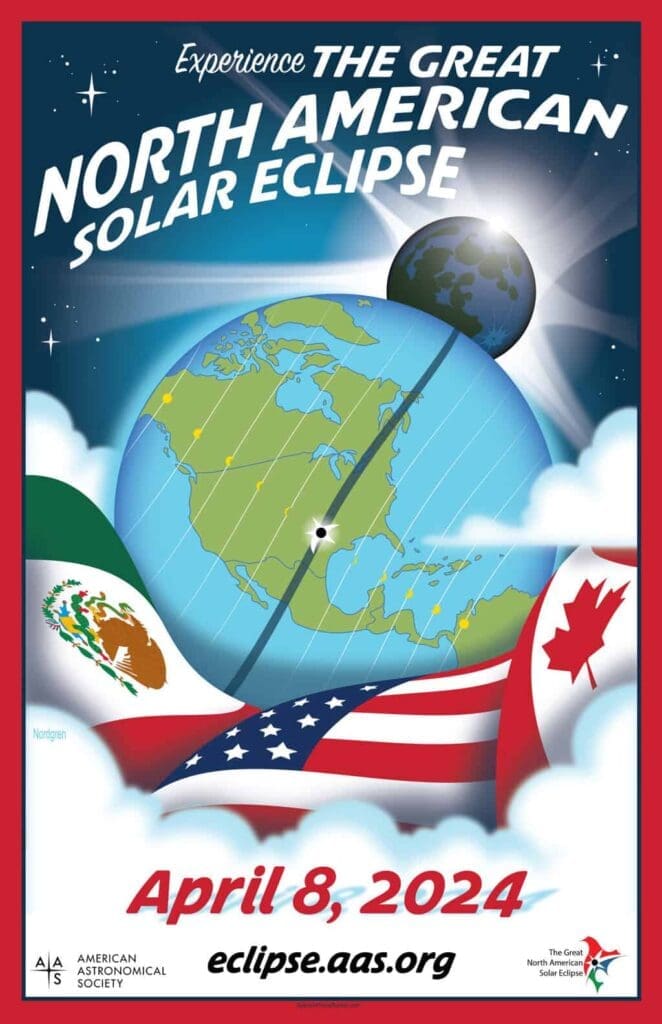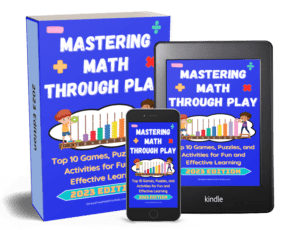Looking for free but high quality solar eclipse math and science activities? Here are the best I have found from all over the Internet.
For Elementary

How Big Is the Sun? The Sun is the largest object in our solar system – but how big exactly? In this project from the National Solar Observatory, students get a sense of scale by working together to paint a large poster of the Sun and then lining up the exact number of Earths that would fit end to end across the diameter of the Sun. More scale is added by lining up the number of Moons that fit across the diameter of the Earth. Take it even further by embelishing the Sun with common features of the photosphere, like sunspots and coronal loops.
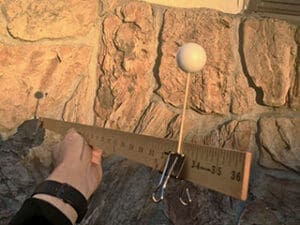
The Yardstick Eclipse Recommended for ages 4 and up, this is a quick 10 minute activity where you will make a model of the Earth, Moon, and Sun using a yardstick, clay balls, and toothpicks to demonstrate how they align to produce eclipses.
Modeling Eclipse With a Penny activity from Michigan State University
Science Snack: Modeling the Eclipse With a Partner (use your thumb to eclipse your friend)
Eclipse in Your Hand In this free activity from the National Solar Observatory, students (recommended for ages 6 and up) make a model showing the layers of the Sun, with the inner layers hidden behind a flip-up opaque photosphere. A cutout of the Moon shows which parts of the Sun are obscured during a solar eclipse and demonstrates how the highly-structured corona takes center stage when the bright photosphere is blocked. Students use their creativity to color in the layers and depict the wispy corona.
Pinhole Project These instructions from the National Science Teachers Association and the University of Southern Indiana’s Solarpalooza guide tell you how to create a pinhole projector using a shoebox.
Free Classroom Activities for the 2024 Eclipse from McGraw Hill includes a child friendly animated video, 5 printable worksheets, a printable flip book for students to cut and color, timeline, map and graphing activities (with primary and intermediate versions,)instructions for making a pinhole viewer, and a link to a Kahoot game.
Recommended Books:
A Few Beautiful Minutes: Experiencing a Solar Eclipse
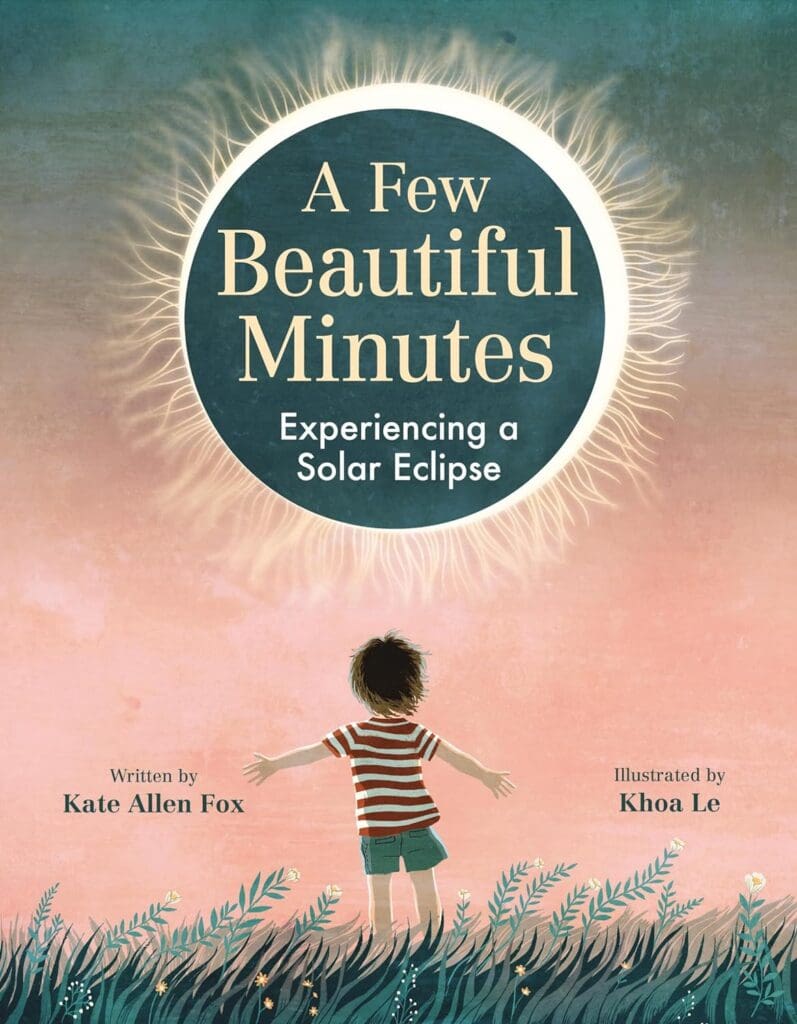
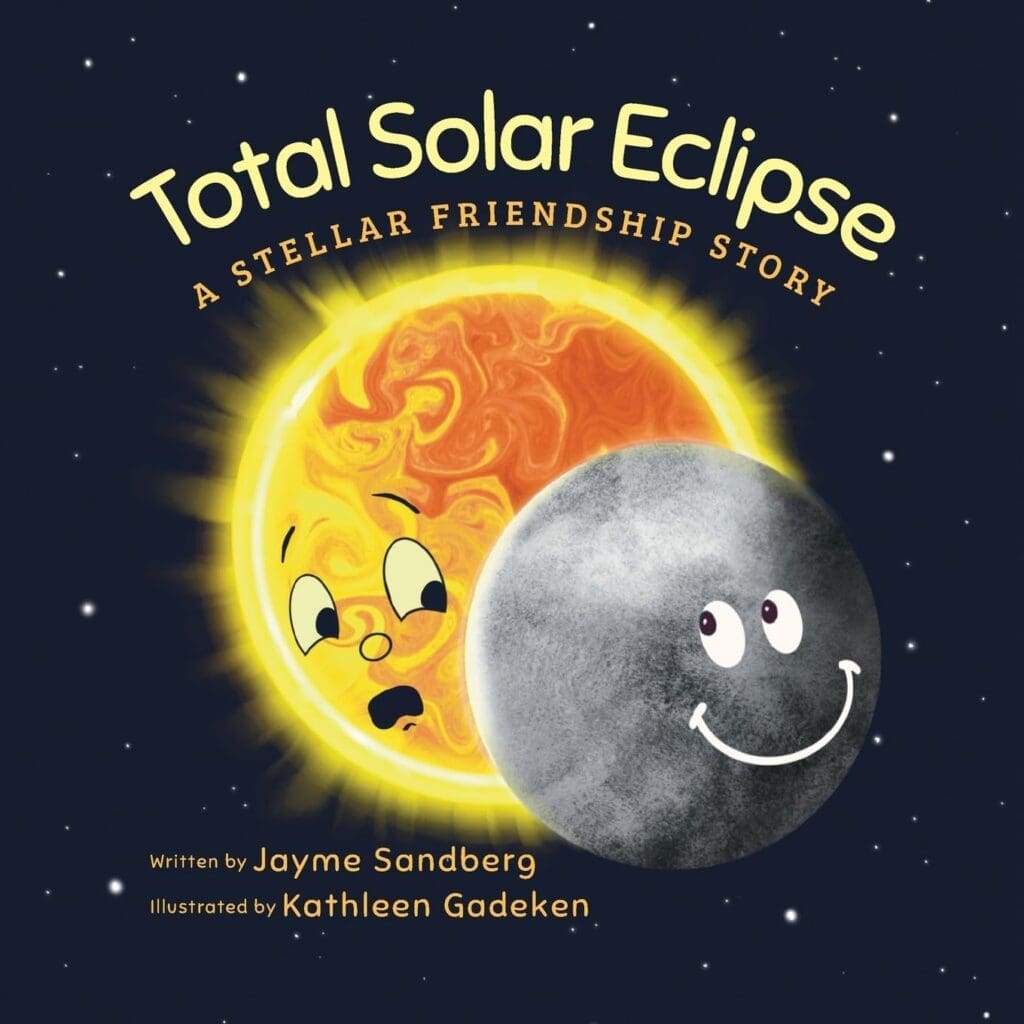
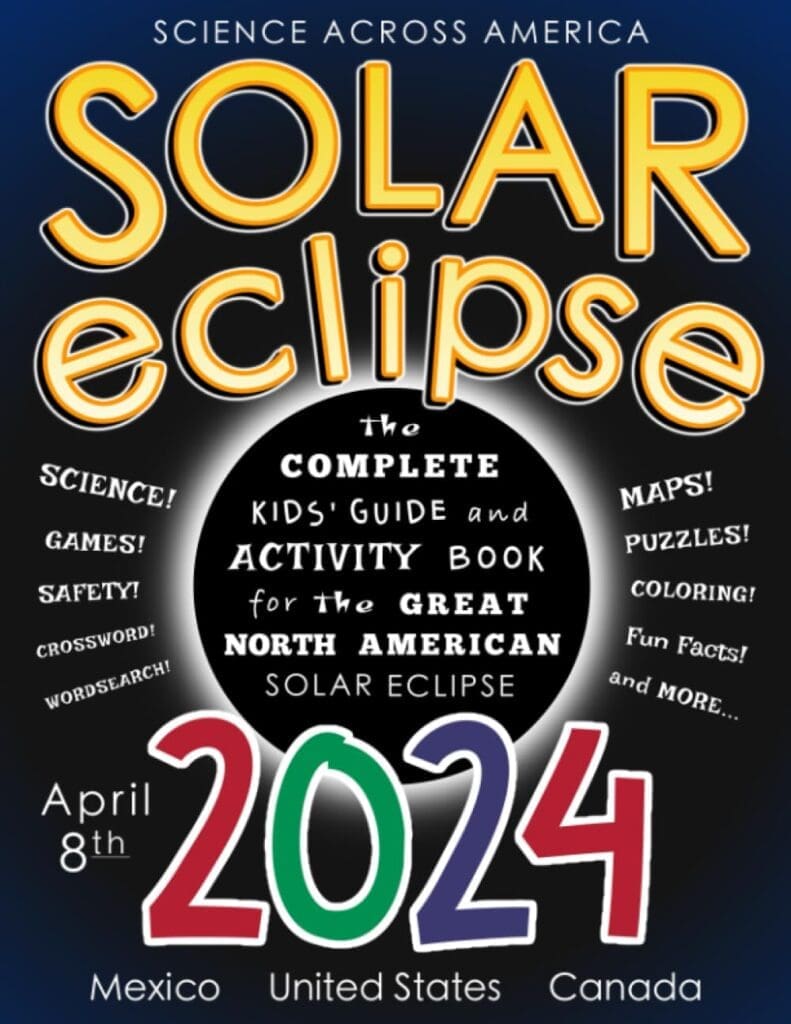
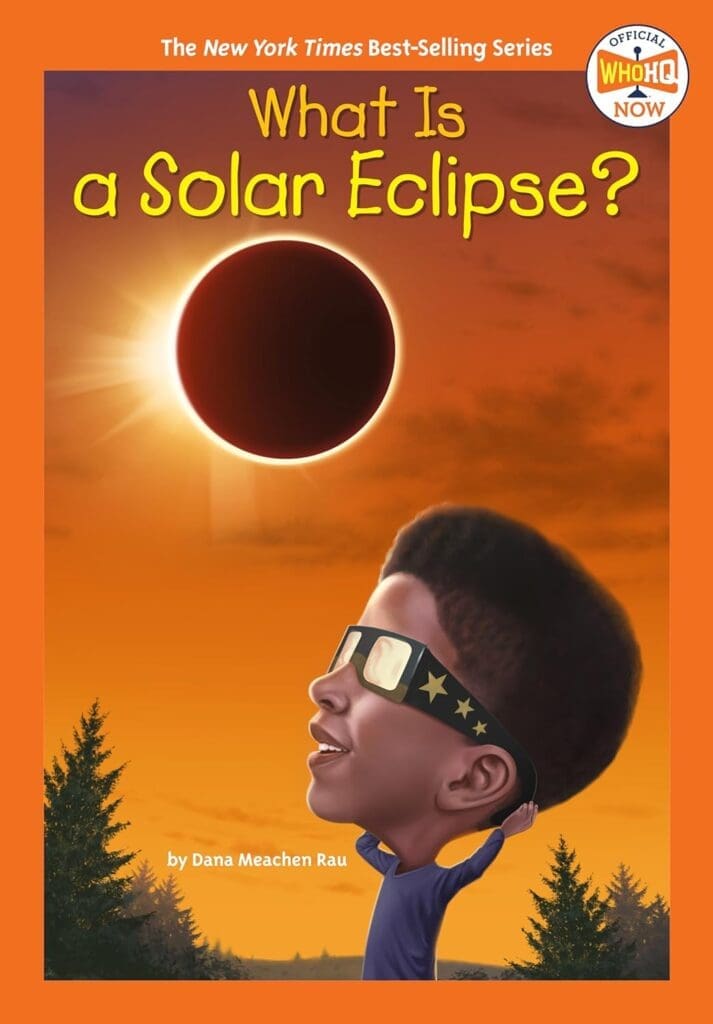
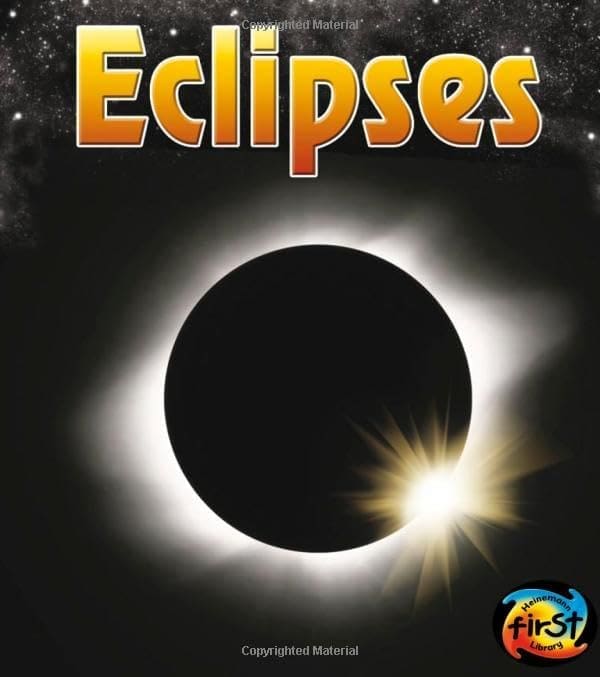
For Middle School
Eclipse Math Solarpalooza from the University of Southern Indiana.
- calculate the average speed of the lunar shadow between each pair of points along the path.
- find out which superhero vehicle (including Superman, Spiderman, a Bugatti, the Millennium Falcon, and more) will give you the best shot at keeping up with the shadow and witnessing the most epic eclipse of all time!
- Get ready to be wowed by a fantastic math trick involving our favorite celestial bodies – the Earth, Moon, and Sun. It’s all thanks to a simple, yet mind-bending ratio that makes eclipses possible!
NASA Solar Eclipse Implementation Sequence– 5 days worth of suggested activities for 6th-8th graders include:
- Day 1: Mini Lesson- What is a Solar Eclipse?
- Day 2: Lesson Plan- What are the Different Types of Solar Eclipses?
- Day 3: Lesson Plan- Safely Observing the Sun
- Day 4: Lesson Plan (day 4 and 5)- What do Scientists Learn about the Universe from Observing Solar Eclipses?
- Day 5: Lesson Plan (day 4 and 5)- What do Scientists Learn about the Universe from Observing Solar Eclipses?
Calculating Ratios of an Eclipse In this activity from NASA students will calculate the ratio of the size of the sun to the moon and the distance of the sun and moon from Earth to determine the type of solar eclipse possible.
Modeling Solar Eclipse Geometry In this activity from NASA, students will model the geometry of solar eclipses by plotting a few points on a piece of graph paper, and using quarters and a nickel to represent the Sun and Moon (not to scale). The goal for this activity is to visually show how the Sun and Moon move near the eclipse season and how the timing of their arrival determines whether you have a total eclipse, a partial solar eclipse, or no eclipse at all. Learners will create a graph for all three.
Teacher Resources
How To Explain April’s Total Eclipse To Kids (article from Scientific American)
NSTA Solar Eclipse Guide For Educators (free PDF)
The Math of a Solar Eclipse (Article from Mathnasium)
Looking Toward the Skies: journal article about how to introduce preschool age children to astronomical phenomena.
Lego Education Eclipse Collection



